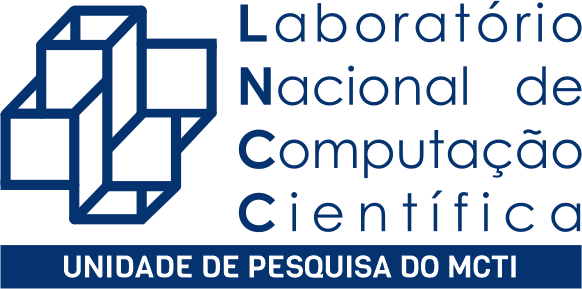EVENTO
Toward Predictive Computational Models of Breast Cancer Development and Treatment
Tipo de evento: Defesa de Tese de Doutorado
Cancer is a major public health problem that can be investigated with the use of mathematical modeling. In this thesis, we develop clinically relevant mathematical models oftumor growth and treatment response that can incorporate quantitative and spatiotemporal data from individuals carcinomas. Such development relies on the principles of a powerfuladaptive model selection and validation system that focus on the concepts of Bayesian model plausibilities and information theory. Specifically, in the first part of this work, we assess theability of different mathematical models to describe the in vitro dynamics of four triplenegative breast cancer cell lines (MDA-MB-231, MDA-MB-453, MDA-MB-468, SUM-149PT) inresponse to treatment with doxorubicin at different concentrations and drug exposures. We show that the Bayesian approach is useful as it accounts for uncertainty in the variety ofmodels considered, parameters, and observational data. Our analysis points to the use of a combination of models and not a single model to allow variations in the therapeutic protocolsof a heterogeneous tumor environment. For the second part of this work, we propose an in vivo image-driven approach to recover solid tumor deformation. This information plays animportant role in the development of tumor growth induced stresses and ultimately modulates tumor cell proliferation and invasion. More specifically, our aim is to integrateimaging-informed tumor deformation with a tumor growth model using optical flow techniques. We show that a simple optical flow technique may capture deformationsappearing in breast cancers in synthetic scenarios. In summary, this research integrates components of predictive medical science and mathematical modeling necessary to make astep towards reliable, patient-specific predictions of the growth of carcinomas, and its response to different treatment modalities: high-fidelity mathematical models implementedon multiprocessor computing platforms, integration of in vivo experiments for model calibration, and high-resolution imaging methodologies for patient-specific model validation.The overarching hypothesis is that new, reliable, validated computational models can provide a systematic approach to develop cancer therapies of unprecedented value, ultimatelyreducing fatalities due to cancer. We expect that effective implementations can positively impact clinical outcomes such as time-to-progression and overall survival, and that predictivecomputational models can be used to design and guide such implementations.Para assistir acesse: https://us02web.zoom.us/j/86873893322?pwd=WXhTdjZObUh2cGpxa1llUEw5NVVYQT09
Data Início: 21/12/2020 Hora: 14:00 Data Fim: 21/12/2020 Hora: 17:00
Local: LNCC - Laboratório Nacional de Computação Ciêntifica - Webinar
Aluno: Anna Claudia Mello de Resende - -
Orientador: Ernesto A. B. F. Lima - - Regina Célia Cerqueira de Almeida - Laboratório Nacional de Computação Científica - LNCC
Participante Banca Examinadora: Abimael Fernando Dourado Loula - Laboratório Nacional de Computação Científica - LNCC Alvaro Luiz Gayoso de Azeredo Coutinho - Universidade Federal do Rio de Janeiro - COPPE/UFRJ Rafael Bonfim - UFJF - Regina Célia Cerqueira de Almeida - Laboratório Nacional de Computação Científica - LNCC Roger Chammas - USP - Sandra Mara Cardoso Malta - Laboratório Nacional de Computação Científica - LNCC
Suplente Banca Examinadora: Marisa Fabiana Nicolás - Laboratório Nacional de Computação Científica - LNCC


